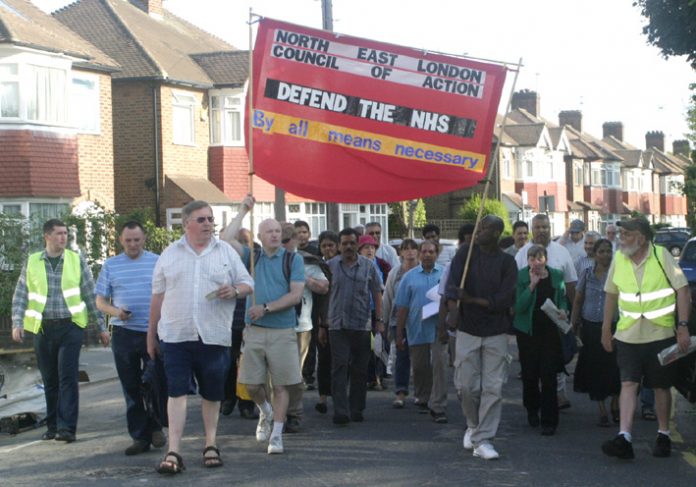
The coalition government is pressing ahead with plans to make GP practices responsible for purchasing health care in England, replacing Primary Care Trusts and Strategic Health Authorities.
‘GP consortia’ will take control of over 80 per cent of the NHS budget and the commissioning of care in hospitals, mental health and community services.
Health Secretary Andrew Lansley had already started talking to the British Medical Association before the election, and before the recent BMA ARM (conference).
In his speech to the BMA ARM last week, Lansley said the plans are about ‘empowering doctors’.
Dr Laurence Buckman, chairman of the BMA GPs committee, said: ‘We will have to see the details, but there is certainly a willingness to look at this.’
Discussions with BMA officials are continuing, and the government has confirmed it will publish further details in a White Paper next week.
The government’s plans involve setting up groups of GP practices which would work together in consortia.
These would then bring in private companies to organise and manage the commissioning.
The White Paper will feature the creation of an ‘independent’ NHS board to oversee NHS services and carry out government policy.
This board, staffed by government appointees, will be ‘advising’ GPs what to spend and where to refer patients.
The acting chief executive of the NHS Confederation, Nigel Edwards, has admitted that there are ‘some quite significant risks’ in transition to the new system.
He said: ‘I think the concept here is lots of individual decisions by GPs, when they make referrals and send people to hospital, will be added up and we will have a greater market dynamic.
‘GPs will also help plan services and direct strategy for hospitals by telling hospitals what they need for the longer term.’
Research by the King’s Fund published last week found GP commissioning will increase the opportunities for the private sector to advise on how to spend NHS cash.
The report said that the scale of the plans would mean some GPs choosing to ‘outsource full responsibility’ for commissioning to ‘external organisations’, i.e private companies.
The report came after doctors’ magazine Pulse recently revealed that some GPs are already in talks with private companies such as Tribal and Humana over potential risk-sharing partnerships under the government’s plans.
King’s Fund report author Chris Naylor warned: ‘If PCTs have struggled to “do it alone”, this will be all the more true of GP consortia, which will be smaller and have less commissioning experience. In order to be effective commissioners, consortia will need support.
‘I do think independent sector firms are going to play a role in this.’
Tony Sampson, director of external affairs at UnitedHealth UK, which already holds a host of contracts to provide commissioning support to the NHS, said the company was keen to take on a greater role, and said it too had begun talks with GPs.
Pulse added that ‘doctors are worried about the burden of being accountable for the health outcomes of the local population, patients’ experience of health services and managing budgets.’
Another issue is that to commission healthcare effectively, the new GP surgeries will need to oversee a large number of patients – with estimates of between 30,000 to 100,000.
Some healthcare experts estimated the reforms will result in the creation of 500 ‘super-surgeries’ dominating the health sector in Britain.